Top tips for fostering
Preparing for the arrival of your first foster child
A child, regardless of their age will feel anxious when coming to a new place with new people they have never met before, (as lovely as you may be). If we imagine how we would feel in the child’s shoes, it’s not hard to feel scared or feel that we would have lots of worries and probably questions about what is happening. Coming to a new home with new people, there will be house rules and different ways of doing things, for a child to get used to. On top of this, it is very likely that the young person will have experienced lots of challenge, all of it, resulting in them being unable to continue living with their family.
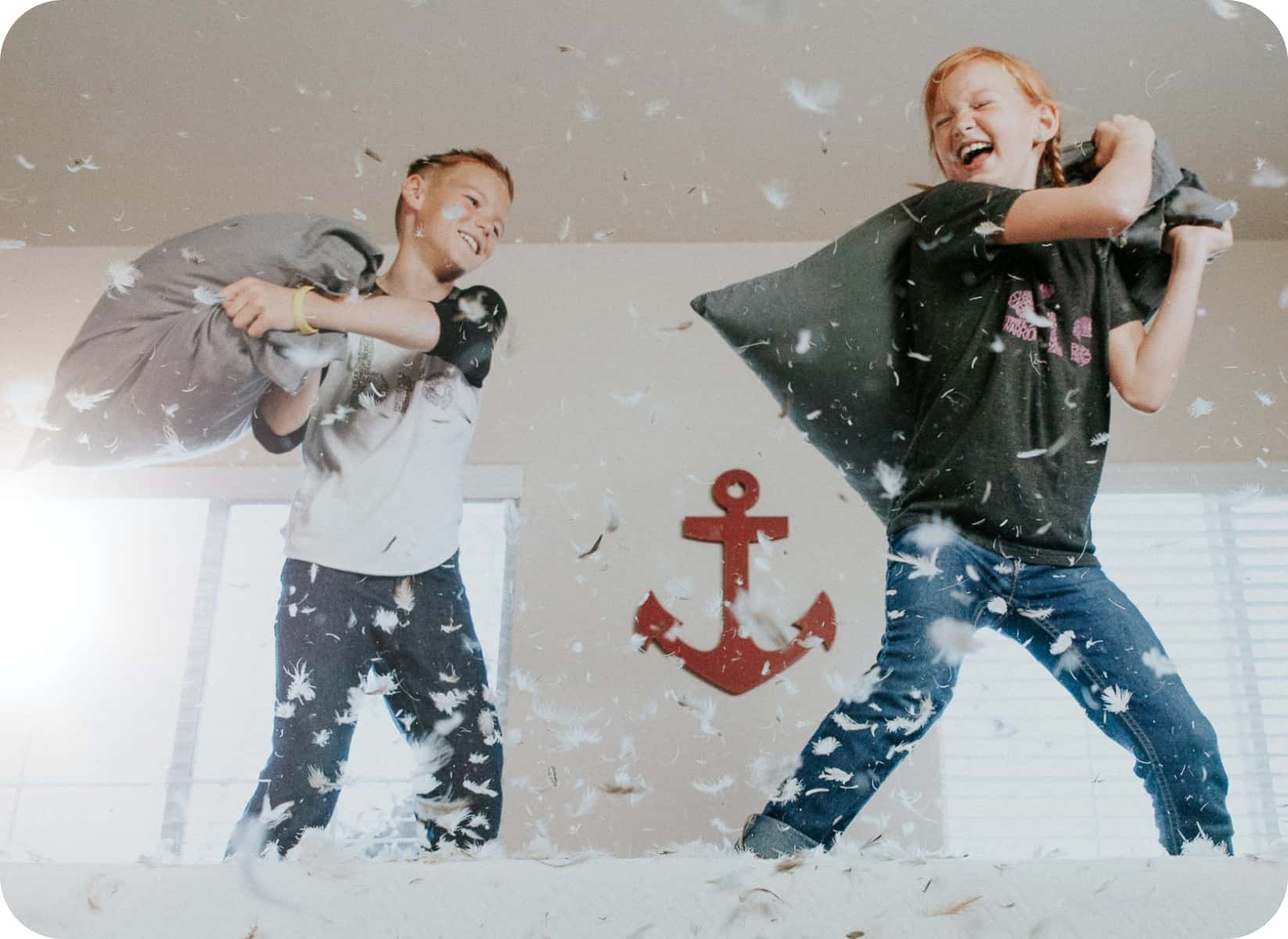
Preparing your home so that it is safe and welcoming to children
When we undertake our initial visits to you we are already identifying the positives of your home, how it is laid out, what space a young person will have, how you can help a child to feel safe and secure and welcomed.
We advise to:
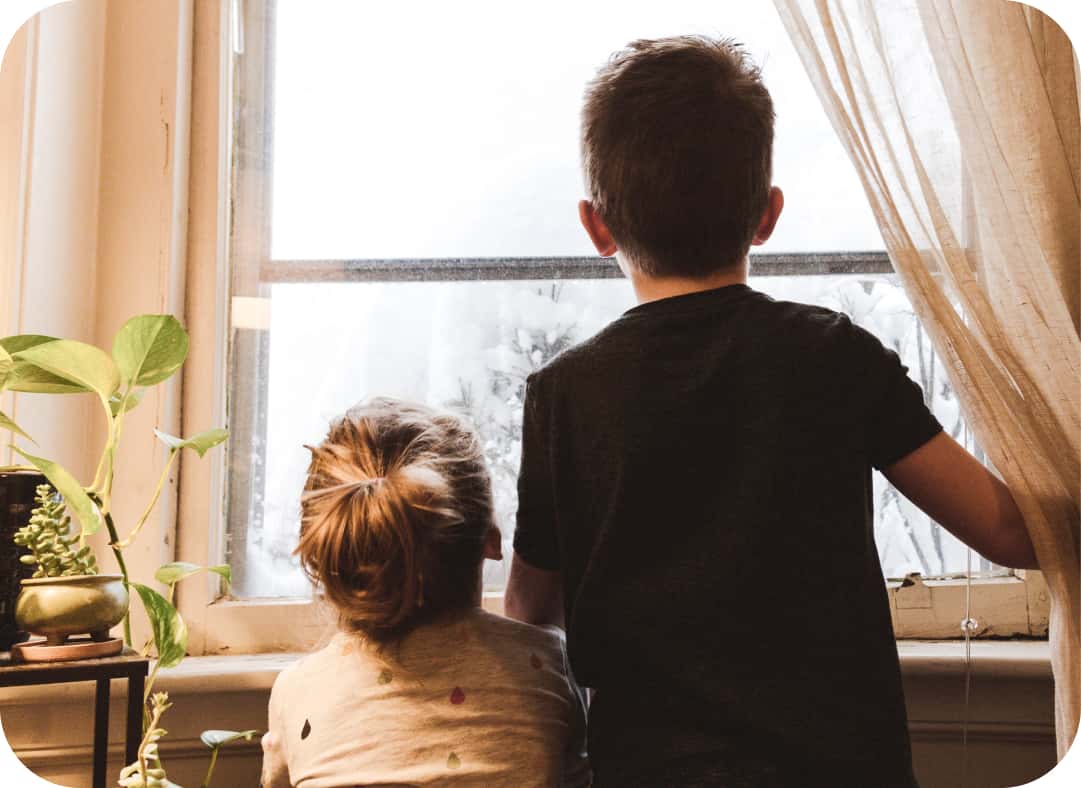
Windows
If windows and doors can be opened easily by young children, it’s important to ensure these have a child safety catch or are locked at all times to ensure safety.
We will advise you about securing windows and doors as part of the assessment process.
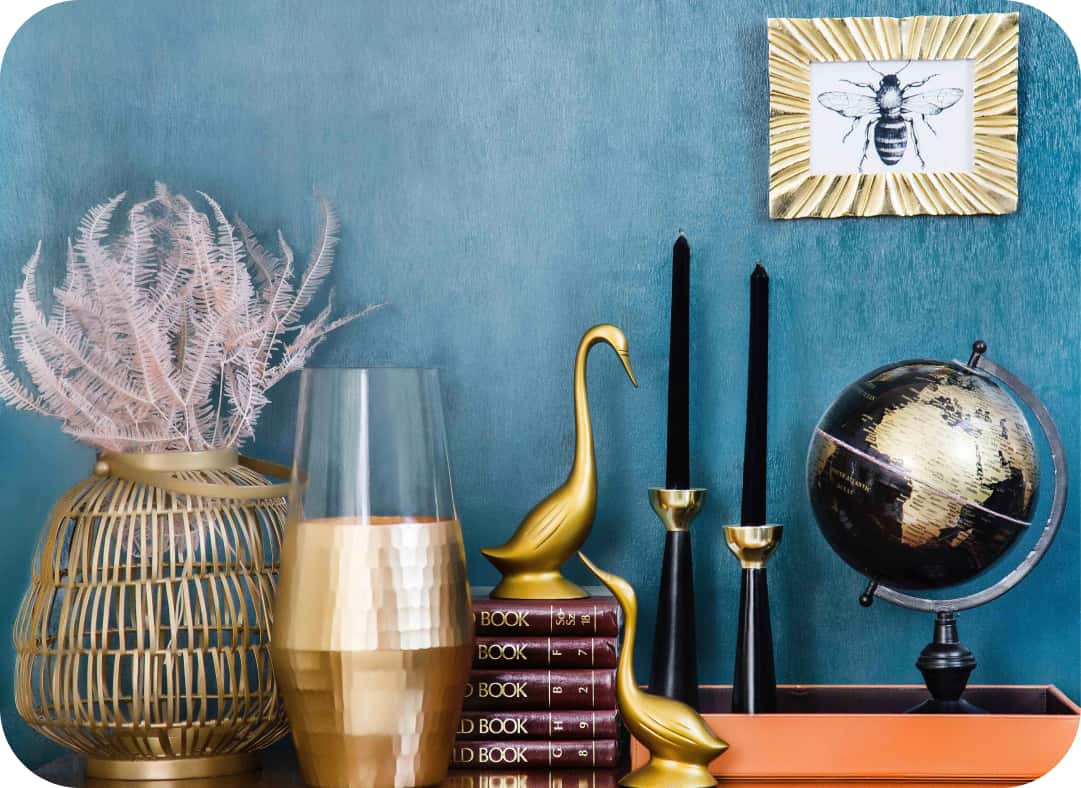
Remove valuable items
Move valuable or sentimental items to prevent them being broken.
Fragile items or items that have sentimental value should be moved out of reach of young children.

Have food ready
Keep a variety of items in your stock cupboards because we don’t always know what children like to eat before they arrive and its important to be able to prepare something they will like.
You can plan a menu with the child once they are settled in.
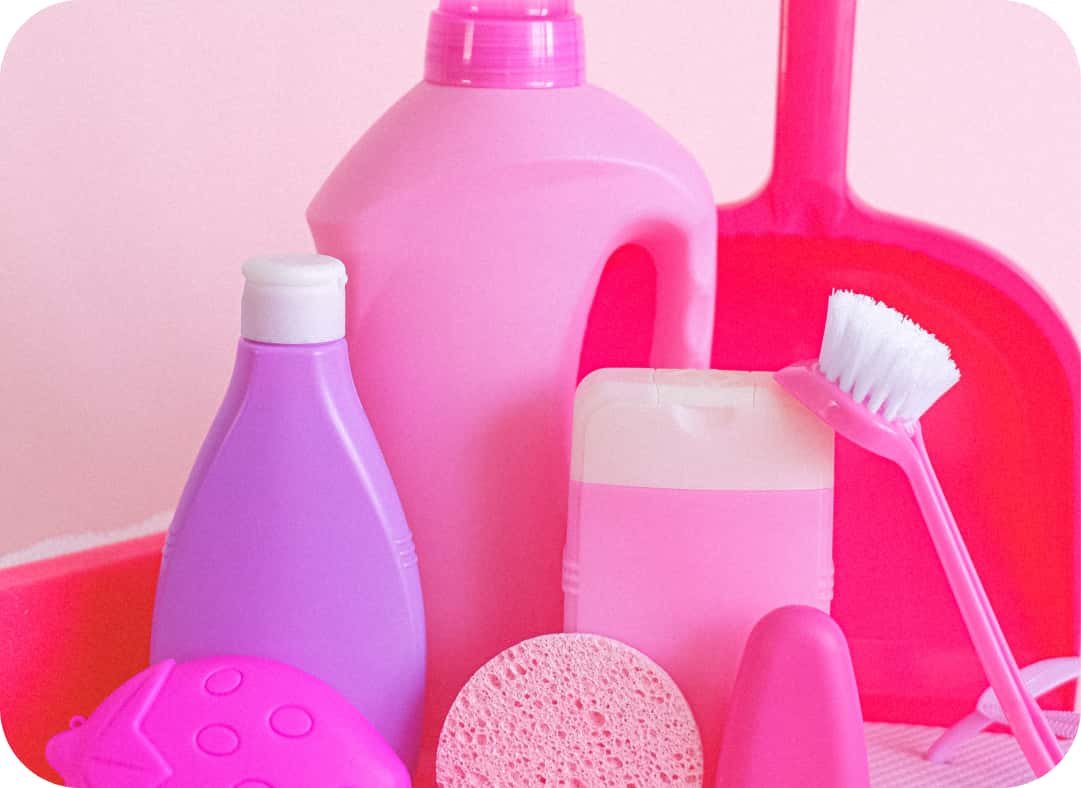
Keep things out of reach
Medications and chemicals should be locked away safe out of reach. This includes cleaning and laundry products as well as any medicines.
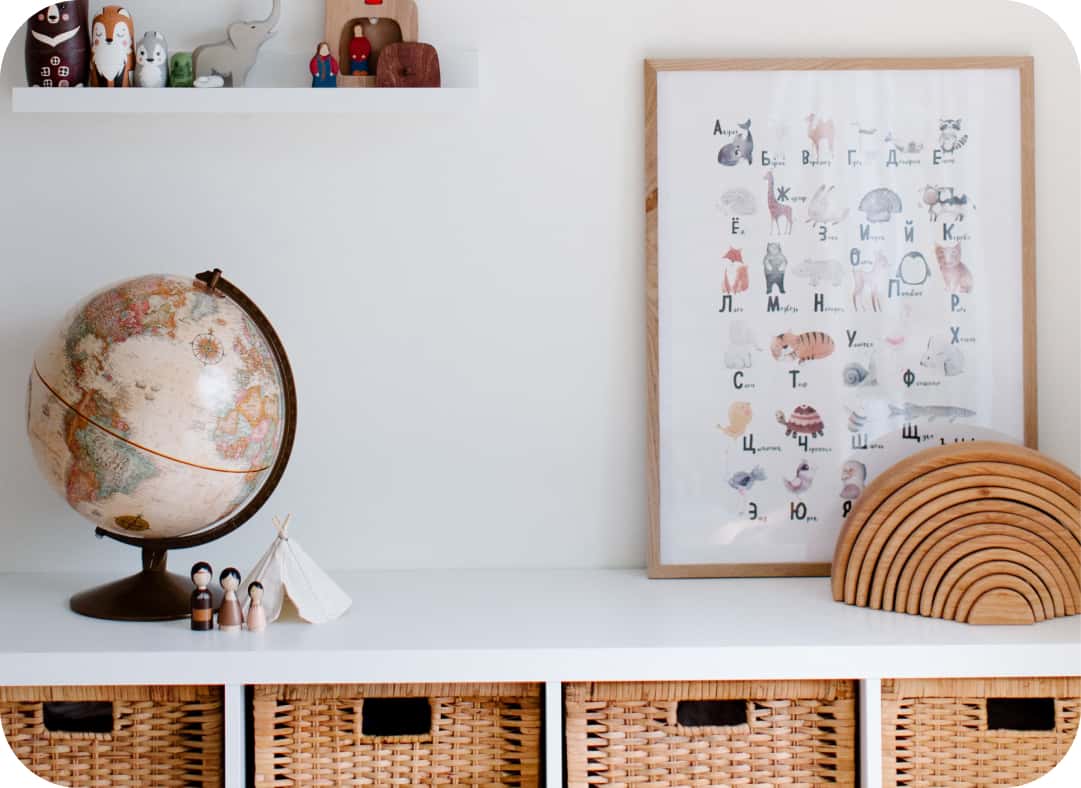
A clean and tidy home
Keeping your home tidy will support a child to feel more relaxed.
The children coming to live with you will have likely experienced chaos in their own home and avoiding that being replicated may help a child settle more quickly.
Spending time to set up a childs bedroom is recommended and one of the most important aspects of preparing your home for a new foster child.
A childs bedroom is a place for them to feel safe and somewhere to retreat to and spend time on their own if needed, it can be a sanctuary for them. Working with a child to get a childs room how they would like it over time, can be part of the connection and bonding process and an essential part of helping a child feel like they’re at home.
Preparing a bedroom
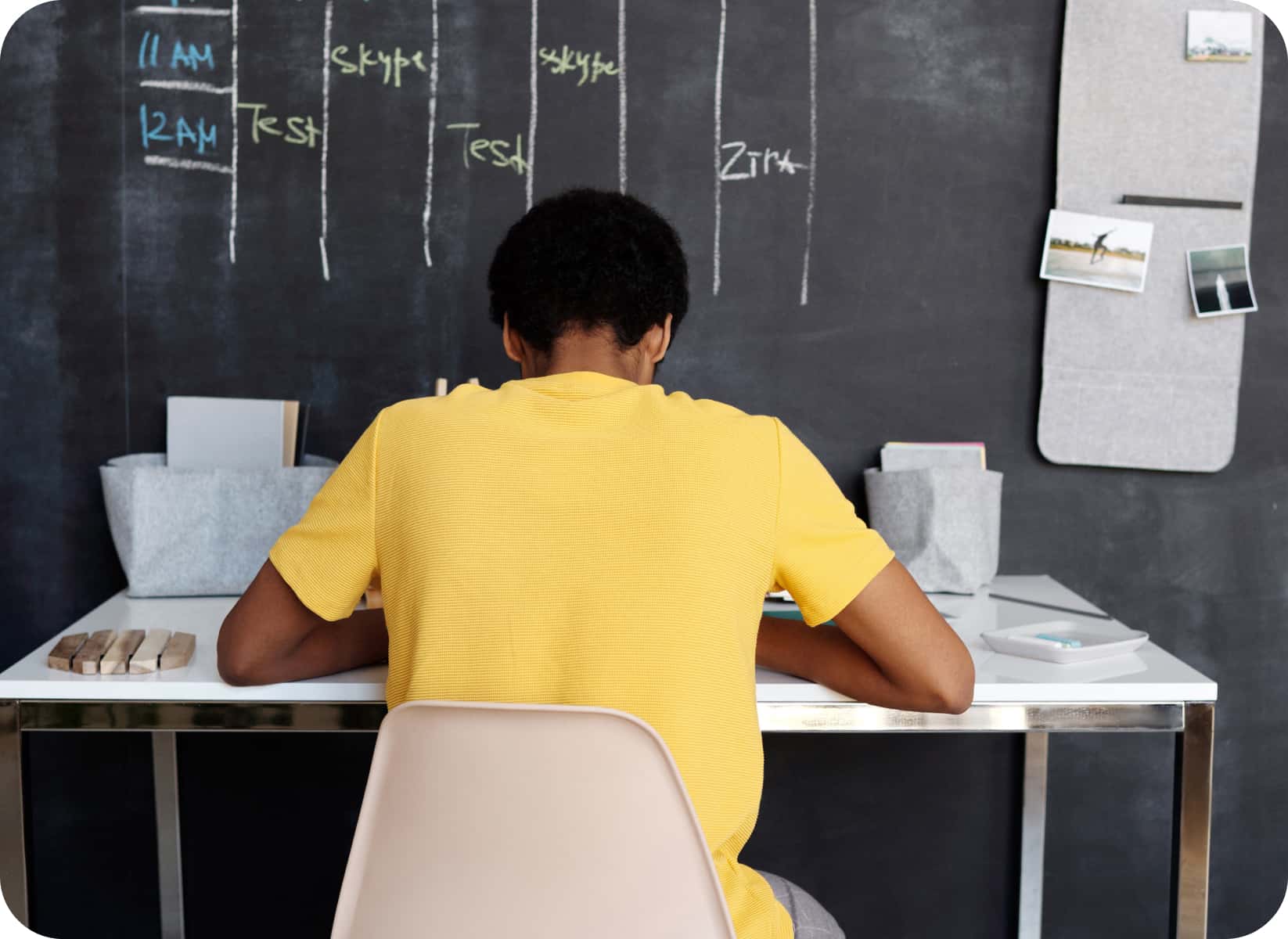
When preparing a room for a child, we support you to consider the age of the child you’re fostering.
We recommend a single bed for children aged 3+, whereas for a child any younger, you may need to consider buying a cot. When fostering older children and young people you may consider different beds depending on the space available.
We recommend gender neutral bedding, as it’s hard to guess exactly what theme or colour a child or young person would choose for themselves, and at the beginning keeping it neutral is best, until a child is able to choose what they would like, to personalise their room.
Subtle touches can change a room and engaging the child in the process with their thoughts and ideas will help their considerations to be heard and discussed before you go ahead with any purchases or decorating schemes.
Preparing your home so that it is safe and welcoming to children
During your assessment, and after approval, we work together with you to help you think about this, supporting you to think about the safety of your home for a variety of ages of children and how welcome it feels to young people. You will develop with our help, a small booklet of information about you, your home and your family, which we can help share with children who are going to stay with you. This booklet, called a profile, is produced electronically so that we can share it with local authority decision makers on your behalf, and it can be sent to social workers who can show it to children before they arrive at your home. It is devised to help a young person to see their new home and find out something about you before they arrive, and this helps ease their anxiety a little. Imagine going to stay somewhere you have never been before, with people you know very little about and how scary that must feel, especially when a child is coming to terms with being unable to stay with their own family. Its confusing, frightening, upsetting, and at that point, very often there is no certainty of what is likely to happen in the future.
We help you prepare to answer a child’s questions honestly and provide the space and love that the child may need to help them settle. We work together with you to make the arrival into your home as easy for the child as possible. We usually meet the child and the childs social worker with you at your home, however usually we leave shortly afterwards, once we know you are ok, so that you and the child can get to know each other, but we are available to you for advice and ongoing support as needed.
Your supervising social worker will be able to advise you about a shopping list of items that may be useful for when a new child arrives to stay with you for the first-time, but it’s hard to know in advance what a child may bring with them when they arrive. It is wise to purchase some toiletry and hygiene items suitable for the age of the child, in case they do not have their own, and then they are there ready for them to use as soon as they move in, this will go towards helping children feel more comfortable more quickly.
Suggested toiletries:
• Toothbrush
• Toothpaste
• Hairbrush
• Towels
• Soap/shower gel
• Shampoo/conditioner
If your new foster child is a teenager, or reaching puberty, they may also need:
• Deodorant
• Feminine products
And, if your new foster child is a baby, we recommend you are well stocked up on nappies
Clothes
Some children arrive with very few clothes or clothes that may not fit too well and it may be necessary to get a few items for them. The temptation of many new foster carers is to buy lots of new things. This can be overwhelming for children and young people. It is recommended to have available, some nightwear and suitable underwear and some comfortable clothes, like plain T shirts and jeans or jogging bottoms until it is possible to go for a little shopping trip with the child for new items where needed.

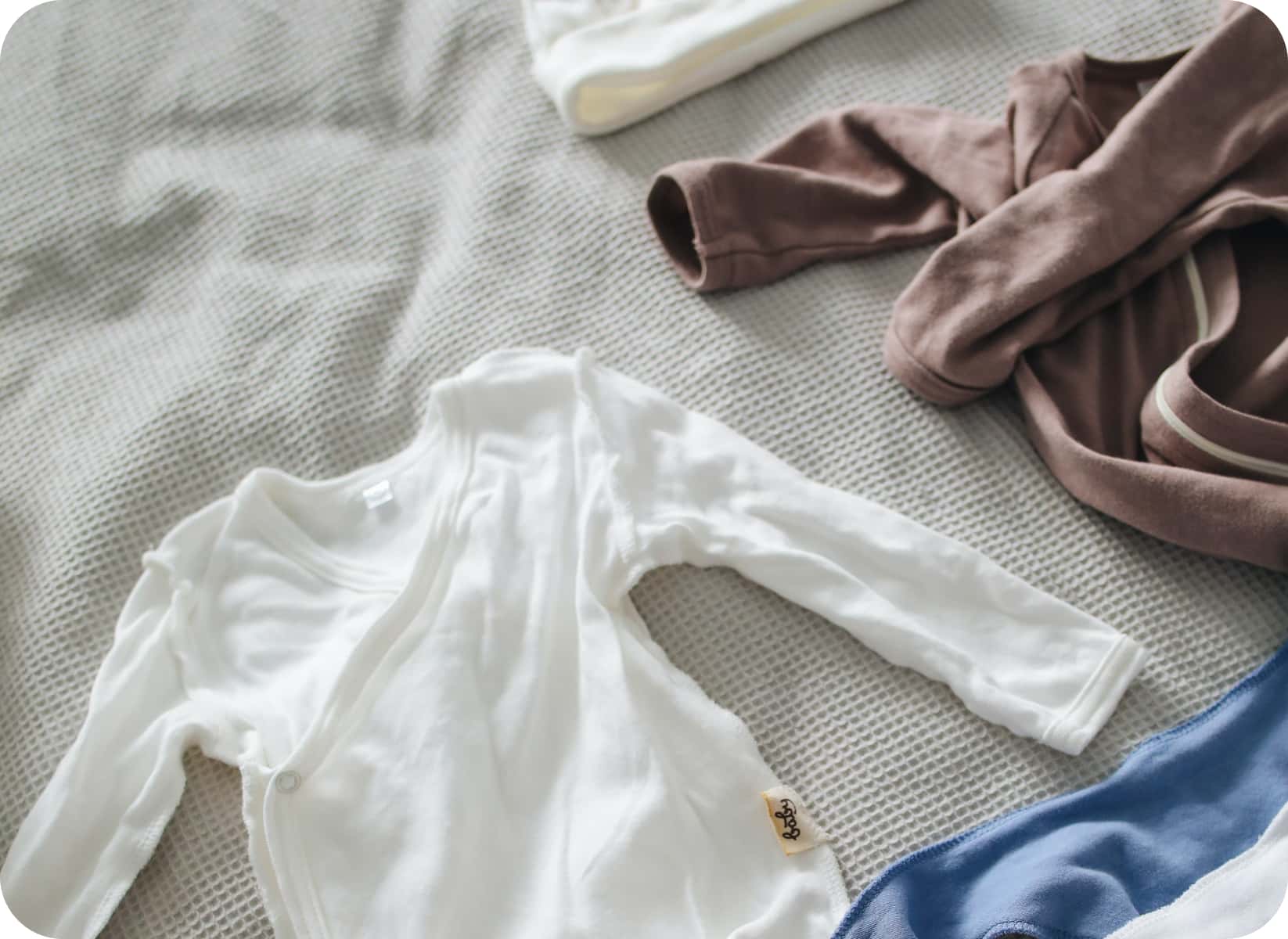
Comfort items
Depending on a child’s age, your foster child may benefit from having something that might help to comfort them. This could be a teddy or a cuddly toy, a doll, or even a comfortable blanket they can cosy up in. They may bring their own favourite toys, with all of their familiar smells and emotional attachment which can help them settle. In the same way with clothing and personal items, it may be worth waiting until they move in before you choose this item – as it’s hard to predict a child’s likes and dislikes before getting to know them better.
Our team are on hand to support and advise you and you will be prepared in advance of a child coming to live with you, as part of your assessment and initial development. Get in touch with any queries you have regarding what to buy for foster care placements or sign up for our next virtual Learn more about fostering session.
Does this sound like you?
If so, you have come to the right place and could be the type of person our looked after children need. We are very keen to hear from people who want to foster or find out more about what it entails.
To get in touch you can call us on 01223 800420 or email us directly at hello@moonandbackfostering.com.
Alternatively fill in the form on the right and we’ll get back to you when it’s convenient.